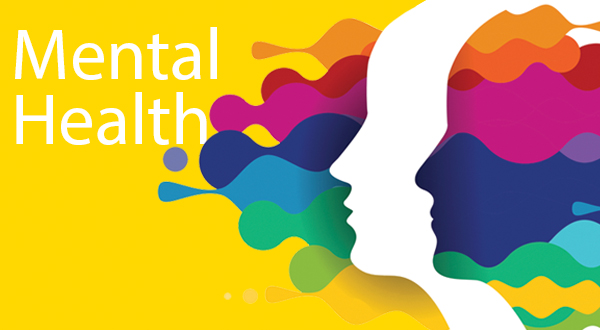Since Nigeria reported its first COVID-19 patient in February 2020, stress levels have continued to increased.
While health workers and other frontline workforce have continued to work tirelessly in responding to the outbreak and trying to contain the spread, Lagosians have had to rely on various streams of news reports in an attempt to stay updated and informed about the virus. Unfortunately, there has been a multitude of wrong information and rumors which have been shared extensively on media platforms.
Lagos State is the epicenter of the outbreak in the country and this myriad of rumors have significantly added to the crisis, thereby generating heightened stress throughout the state.
Some of the signs of stress resulting from the outbreak can include:
- Changes in sleep and eating pattern
- Difficulty concentrating
- Worsening of chronic health problems
- Increased used of alcohol, tobacco or other substances
- Mental health distress
Fear and anxiety about disease are the overwhelming mental health distress which are being experienced at a prevailing rate. Fear and anxiety subsequently cause strong emotions including violence, aggression, anger and hostility.
Stigma is another consequence of the heightened emotions caused by fear and anxiety. Stigma during this pandemic can take many forms including labelling, stereotyping or treating people negatively because of a perceived link with the disease. Blaming and shaming people in this way can be dangerous. It makes people targets of misdirected anger and hostility.
The groups of people being stigmatized due to the COVID-19 include:
- People of Asian descent
- Individuals who have recently completed quarantine
- Frontline healthcare workers and emergency workers
Stigma makes people feel isolated and abandoned. They feel depressed, hurt and angry because of this abandonment. The fear of being stigmatized has prevented people from getting tested, even when they begin experiencing the symptoms of the virus. This can result in severe health problems and difficulties in controlling the spread of the virus because people try to cover up their symptoms and go about interacting with others in their neighborhood.
To ensure the we do not contribute to the stigma, we must first attend to our fears and worries, and build resilience to cope with the stress of the pandemic.
How to build resilience to cope with the stress of COVID-19
Everyone reacts to stressful situations in different ways. Being able to cope and adapt to stressful life conditions and adversities is a major indicator of being resilient. Although resilience is an innate gift for a few, it can also be learnt and adopted. It is a slow but steadily positive pathway that yields benefits over time. Below are helpful tips that should be practiced consistently to help build resilience. Practicing these steps during this stressful period will be a good way to start acquiring and building a strong emotional muscle.
Get enough sleep and exercise. When you take care of your mind and body, you are better able to cope effectively with challenges and stress encountered through the day
Practice thought awareness: Don’t let negative thoughts derail your efforts. Consistently practice positive thinking and positive self-talk. Instead of saying “I am at risk of contracting the virus”, say “I can avoid getting the virus if I observe the protective measures”. This will help you change the way you think about negative situations or bad events.
Choose your response: We all have a choice in how we response. We can choose to react negatively or in panic, or to remain calm. Staying calm helps you to analyze a situation and draw logical conclusions about an event. The key to staying calm is to practice the Pause. Before you react, PAUSE. Before you speak, PAUSE. Before your respond, PAUSE. This pause helps you attain a calm disposition. Being calm is also good for the heart.
Develop strong relationships with your colleagues, friends, neighbors and families. People who have strong connections are able to cope with stress in a healthy way.
Rely on reliable sources of news reports: Filtering out rumors that come from other outlets. helps you maintain an accurate up-to-date information of the situation in your state. It also helps you stay focused on your health and safety.
Other ways of coping with the stress of the pandemic are
- Take breaks from watching, reading or listening to the news, including social media. Hearing about the pandemic repeatedly can be upsetting
- Make time to unwind. Try to do some other activities that you enjoy.
- Connect with others. Talk with people you trust about your concerns and how you are feeling
- Reach out to your social networks. Ask how you can help. Listen to them and show that you support them.
- Share stories that humanize the experiences and struggles of those affected by the virus.
- Avoid spreading fear and stigma by communicating responsibly. Be careful with your words, and be cautious with the type of messages your share.
- Communicate support and encouragement to those who are on the frontlines of response to this outbreak






